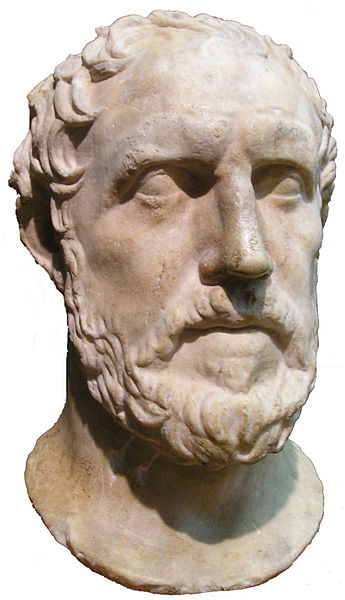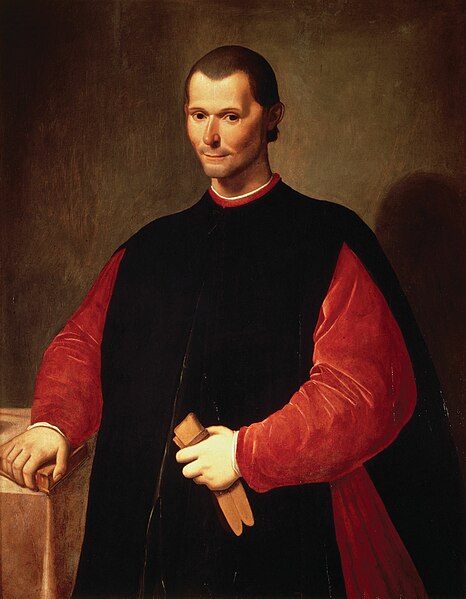International relations theory
International relations theory is the study of international relations (IR) from a theoretical perspective. It seeks to explain behaviors and outcomes in international politics. The four most prominent schools of thought are realism, liberalism, constructivism, and rational choice. Whereas realism and liberalism make broad and specific predictions about international relations, constructivism and rational choice are methodological approaches that focus on certain types of social explanation for phenomena.
Thucydides author of History of the Peloponnesian War is considered one of the earliest "realist" thinkers.
Kant's writings on perpetual peace were an early contribution to democratic peace theory.
The standing of constructivism as an international relations theory increased after the fall of the Berlin wall (pictured) and Communism in Eastern Europe as this was something not predicted by the existing mainstream theories.
Realism (international relations)
Realism, a school of thought in international relations theory, is a theoretical framework that views world politics as an enduring competition among self-interested states vying for power and positioning within an anarchic global system devoid of a centralized authority. It centers on states as rational primary actors navigating a system shaped by power politics, national interest, and a pursuit of security and self-preservation.
Niccolò Machiavelli's work The Prince of 1532 was a major stimulus to realist thinking.




